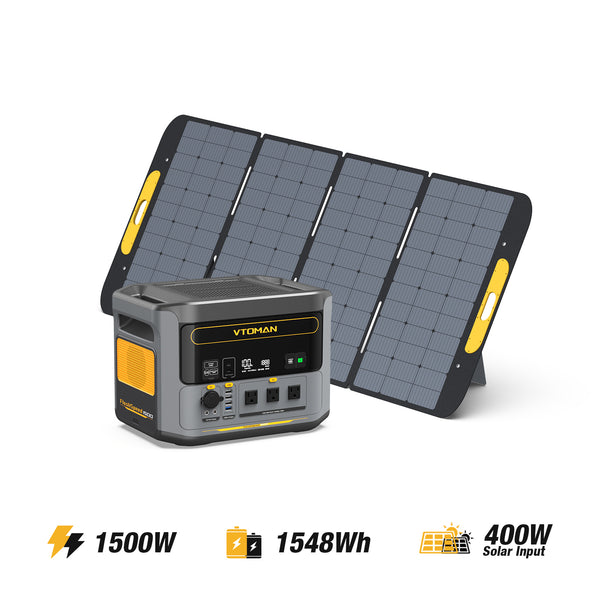As more individuals and families seek energy independence, understanding the required wattage for an off-grid household becomes crucial. This article aims to provide a comprehensive guide on how to calculate the energy needs of your home when living off the grid.

What is Off-Grid Living?
Off-grid living refers to a lifestyle where individuals or families live independently from public utilities. This often involves generating your own electricity, collecting rainwater, and managing waste sustainably. But how do you determine the required wattage for an off-grid household? Let’s explore this in detail.
Calculating Your Energy Needs
To accurately assess the required wattage for an off-grid household, you must first identify your energy consumption. This can be achieved through the following steps:
- List Your Appliances: Make a comprehensive list of all electrical appliances in your home, including refrigerators, lights, and electronics.
- Determine Wattage: Check the wattage rating of each appliance, usually found on a label or in the user manual.
- Estimate Usage: Calculate how many hours per day each appliance will be used.
- Calculate Daily Consumption: Multiply the wattage of each appliance by the number of hours used to find the daily wattage consumption.
Understanding Peak and Average Wattage
When calculating the required wattage for an off-grid household, it is essential to differentiate between peak and average wattage. Peak wattage refers to the maximum power needed when appliances start up, while average wattage is the total energy consumed over time. For instance, a refrigerator may require more power to start than to run continuously. Understanding this distinction can help you size your solar panels and battery storage effectively.
Choosing the Right Energy System
Once you have calculated your energy needs, the next step is to choose an appropriate energy system. Here are some options:
- Solar Power: Solar panels are a popular choice for off-grid living, converting sunlight into electricity.
- Wind Energy: Wind turbines can supplement solar power, especially in areas with consistent wind.
- Hydropower: If you have access to flowing water, micro-hydro systems can provide a reliable energy source.
Each of these systems has its own advantages and can be tailored to meet the required wattage for an off-grid household.
Final Thoughts
Understanding the required wattage for an off-grid household is essential for achieving energy independence. By accurately calculating your energy needs and selecting the right energy system, you can create a sustainable living environment. Remember, the journey to off-grid living is a personal one, and careful planning will ensure that your household remains powered and comfortable.








